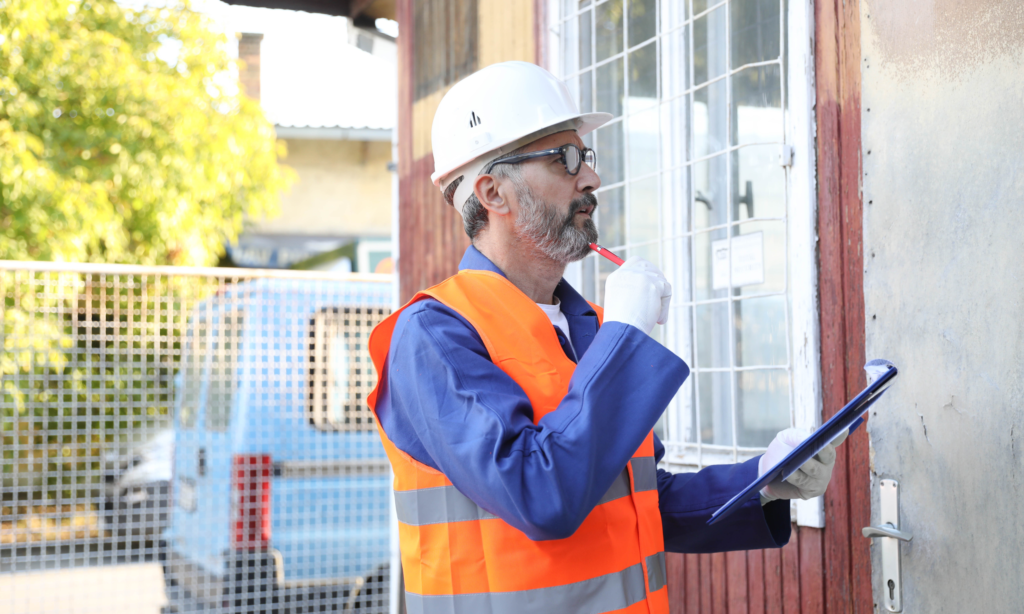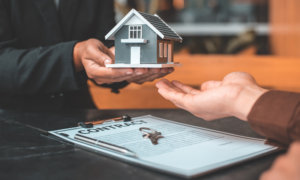Understanding the current condition of a house is crucial when purchasing one. That’s why hiring a professional home inspector is highly essential. Their primary task is to assess the overall condition of the home and its internal systems. However, it’s important to recognize the tasks that are not within their responsibilities—things they aren’t accountable for inspecting.
Content of a Home Inspection
Home inspectors are experts in evaluating various aspects of a home. They examine the structure, electrical systems, plumbing, heating, and cooling systems, with safety concerns being a top priority.
However, there are certain areas and issues that fall outside their inspection scope.
Home inspectors do not move furniture or personal belongings for inspection.
While inspectors need access to all areas of the home for inspection purposes, they do not move the homeowner’s furniture or personal belongings. This is to respect the homeowner’s privacy, prevent damage or loss of belongings, limit legal liabilities, and focus on the technical aspects of the house.
Hard-to-access areas are noted in the report to clarify their scope of responsibility.
Areas that are difficult to access will be explicitly mentioned in the report to delineate the inspector’s responsibility.
Inaccessible areas are excluded from the inspector’s work.
In some cases, inspectors may face difficulties accessing certain areas of the home, such as:
- Cluttered areas
- Locked or restricted access to the attic or basement
- Steep or slippery roof surfaces
- Severely damaged areas
In such situations, these inaccessible areas are entirely excluded from the inspection scope. The inspector will clearly document these access limitations in the report to define their scope of responsibility.
Sellers are advised to clean and unlock all areas before the inspection. However, if access limitations persist, buyers should be aware that some areas of the house might not receive a full assessment.
Inspectors do not predict equipment or system failures.
They cannot predict when a furnace might need replacement or how many years a roof has been in existence. Their focus is on the current condition of the house.
The primary goal of a home inspection is to determine the current condition, not forecast the future. Therefore, inspectors refrain from making predictions regarding when a system or equipment might fail in the future.
The inspection is limited to the house and its fixed components.
Inspectors solely concentrate on evaluating the quality and condition of the house itself and its fixed components. This includes the structure, electrical, plumbing, heating, cooling systems, etc. Fixed elements like kitchen cabinets, wall shelves, sinks, bathtubs, etc., are also included.
However, movable items such as furniture, decorations, consumer electronics, and auxiliary structures like fences, gardens, pools, sheds, etc., are beyond the inspection scope. Therefore, buyers should understand that the inspection report focuses solely on the structural aspects of the house and fixed components, excluding personal items or auxiliary structures outside.
Deep-seated issues like pests or mold are not inspected.
Assessing pests or mold requires specialized knowledge to identify and assess accurately. Hence, inspecting for pests or mold does not fall within their responsibilities. If the inspector suspects signs of pests or mold, they’ll suggest further evaluation by an expert in that field.
A home inspection is a crucial part of the home buying process to help buyers understand the condition and real value of the house. However, it’s crucial to note that the scope and responsibilities of a home inspector are limited.
Buyers should not consider the inspection report as a guarantee for all possible future situations regarding the house. Instead, it serves as a useful assessment tool to review along with advice from experts in various aspects such as legal, taxes, finances, pests, mold, etc.
When conducted thoroughly and accurately, a home inspection provides valuable information to help buyers make informed decisions in purchasing a home and prepare adequately for owning a new home in the future.




